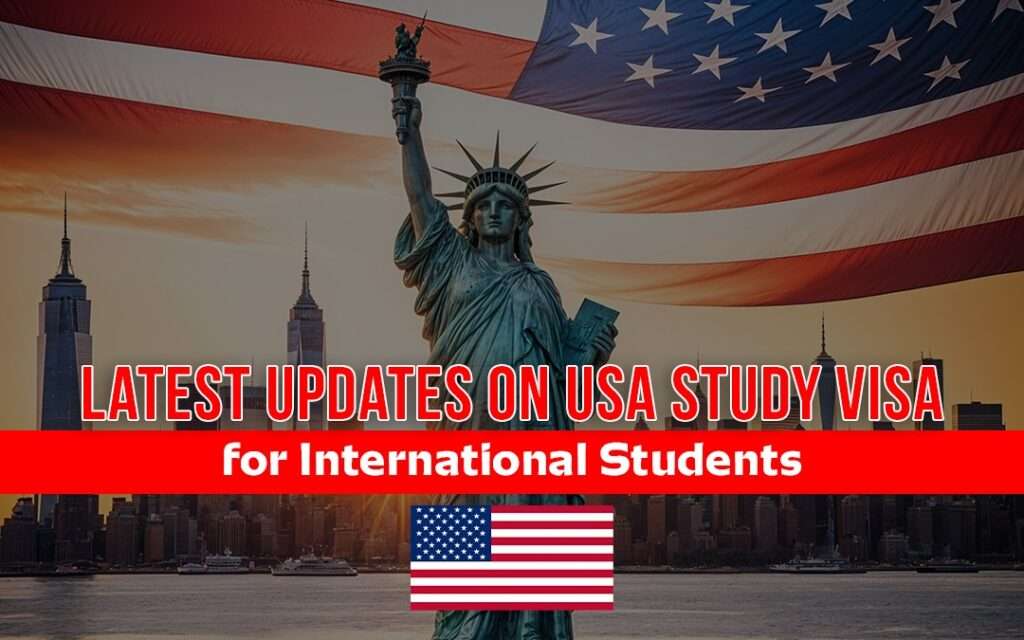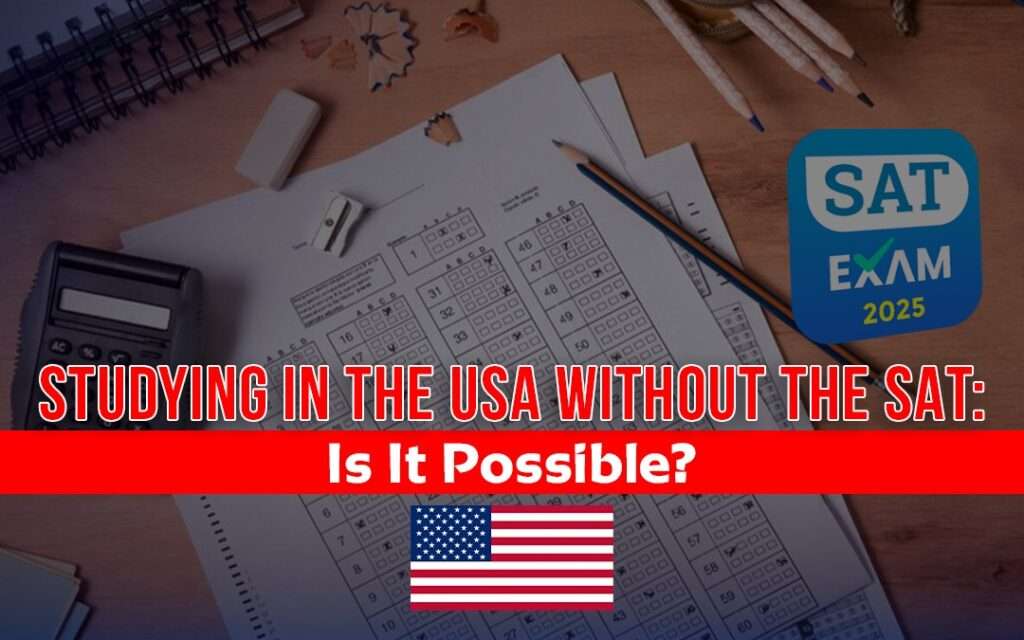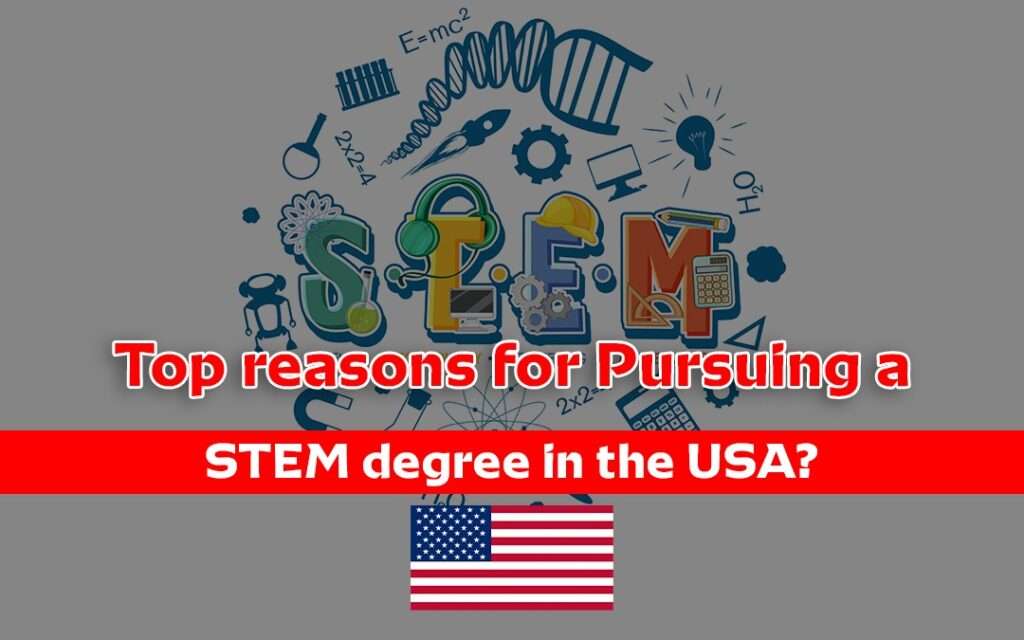Latest Updates on USA Study Visa for International Students
Are you planning to pursue your education in the United States? The dream of studying in one of the world’s most prestigious academic environments is closer than ever, thanks to recent updates in USA study visa policies. In this blog, we’ll break down the latest developments and how Best Immigration IIE Education Jalandhar can help you achieve your academic aspirations. Key Updates in USA Study Visa Policies Increased Visa Interview Slots The U.S. embassy and consulates in many countries, including India, have ramped up the availability of visa interview slots to accommodate the growing demand. This move is expected to significantly reduce wait times, ensuring students can join their programs on time. STEM OPT Expansion The U.S. government has announced expansions to the Optional Practical Training (OPT) program, particularly for STEM (Science, Technology, Engineering, and Mathematics) graduates. This will allow students to gain extended work experience in their field after completing their studies. Prioritization of Student Visas Student visas (F-1) are being prioritized in the post-pandemic era, with additional resources allocated to processing these applications efficiently. Updated SEVIS Fee Structure The Student and Exchange Visitor Program (SEVP) has updated its fee structure. While the changes are minor, it’s crucial for applicants to stay informed to avoid any last-minute surprises. Waiver for In-Person Interviews For certain categories of low-risk applicants, the U.S. Department of State has extended the waiver for in-person visa interviews, making the process faster and more accessible. How Best Immigration IIE Education Jalandhar Can Help Navigating the USA study visa process can be overwhelming, but with Best Immigration IIE Education Jalandhar, you’re in safe hands. Here’s how they can assist: Comprehensive Counseling: Get expert guidance on selecting the right university and course tailored to your career goals. Visa Documentation Assistance: Ensure all your paperwork is in order, from DS160 forms to financial documentation. Mock Interviews: Prepare for your visa interview with confidence through mock sessions conducted by experienced professionals. Scholarship Opportunities: Learn about scholarships and funding options to ease your financial burden. Post-Visa Support: From pre-departure orientations to accommodation assistance, they’ll support you every step of the way. Why Choose the USA for Higher Education? World-Class Universities: The U.S. is home to institutions like Harvard, MIT, and Stanford, consistently ranked among the best globally. Cultural Diversity: Experience a rich cultural exchange while studying in a multicultural environment. Work Opportunities: Benefit from internships and post-graduate work opportunities that provide invaluable industry experience. Cutting-Edge Research: Gain access to state-of-the-art facilities and resources that foster innovation. Final Thoughts The United States continues to be a top destination for international students, thanks to its robust educational infrastructure and welcoming policies. Staying updated on visa policies is crucial to avoid any roadblocks in your journey. With the expert support of Best Immigration IIE Education Jalandhar, you can turn your dream of studying in the USA into reality. For more information and personalized guidance, reach out to Best Immigration IIE Education Jalandhar today!
Latest Updates on USA Study Visa for International Students Read More »





